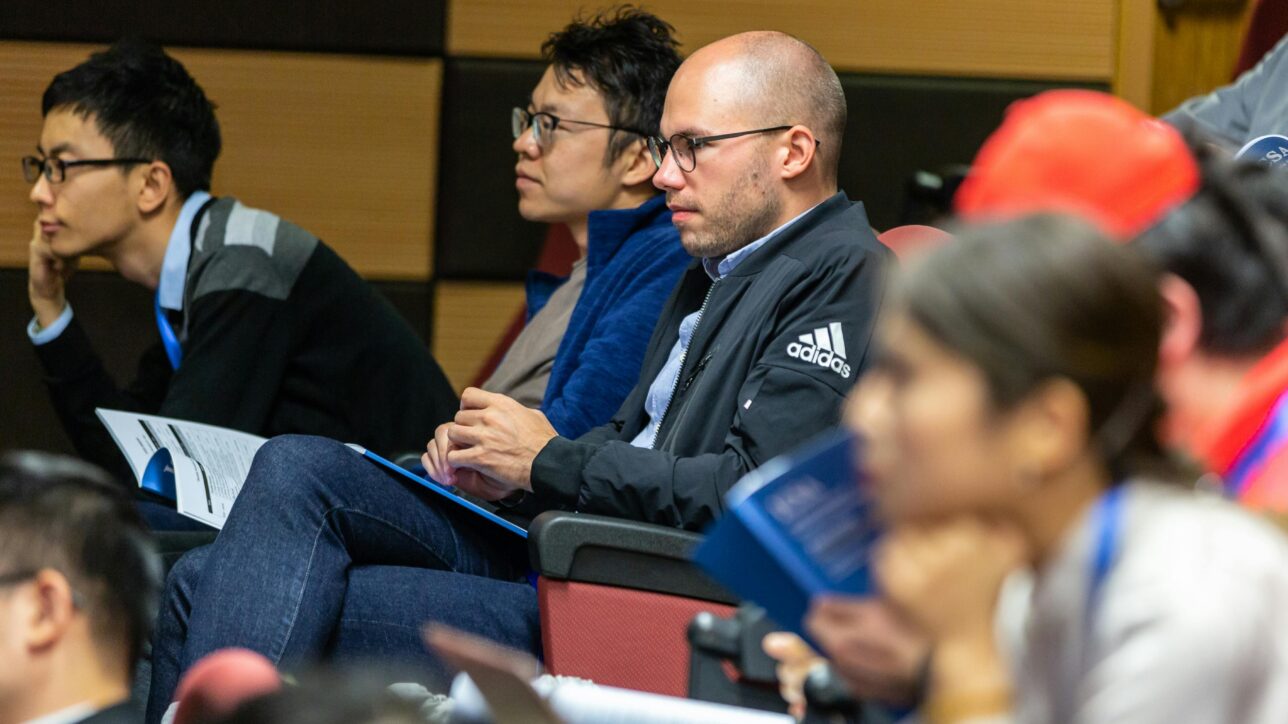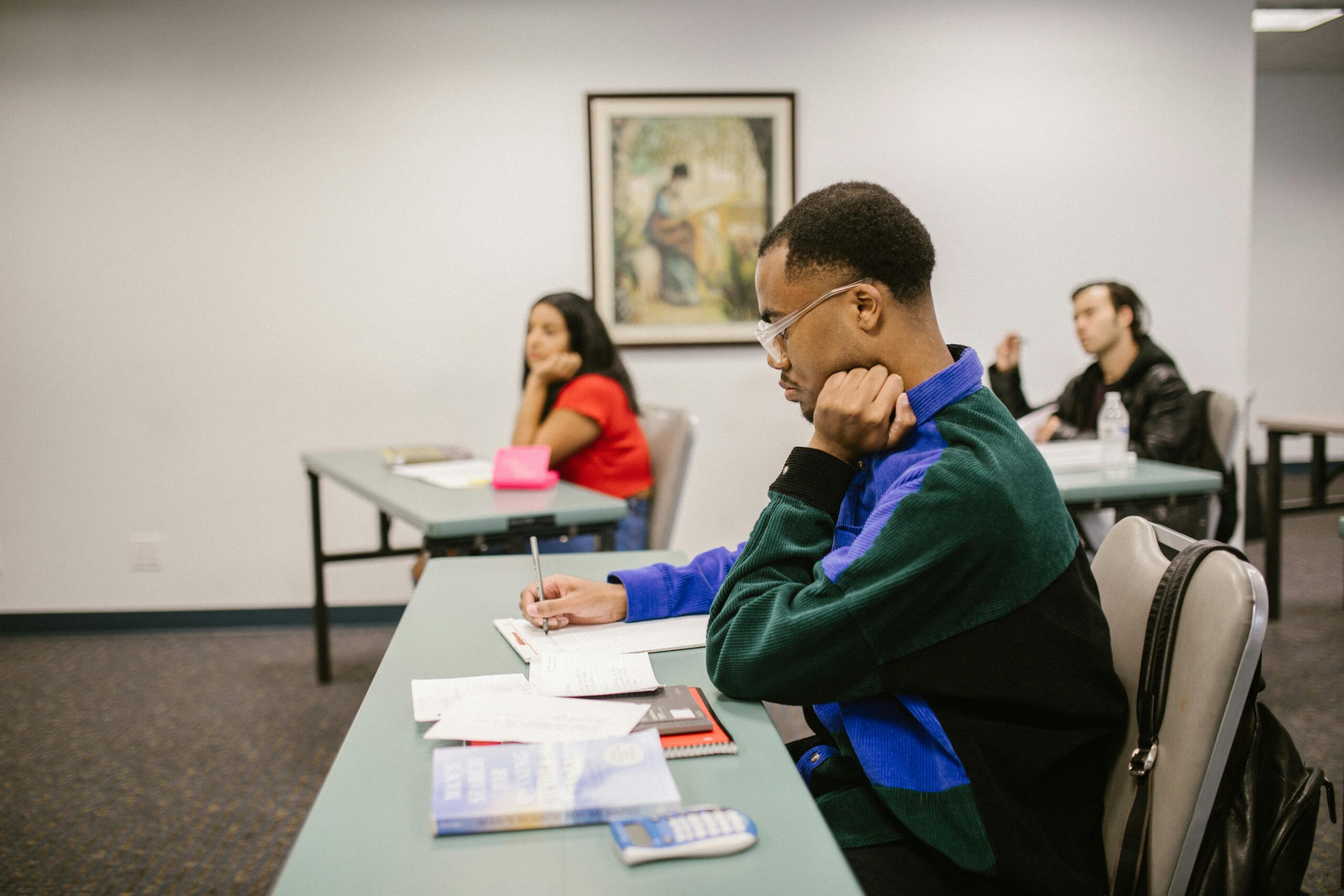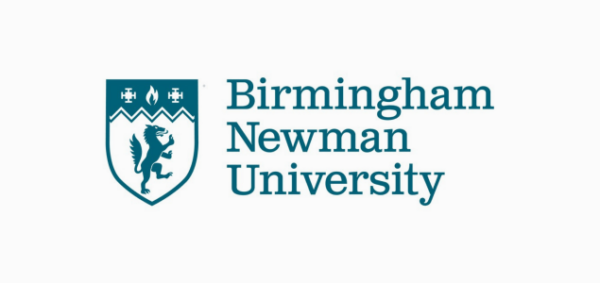
Applications based on previous qualifications
If you are applying based on your previous qualifications, you will usually have achieved a minimum of 90 credits from a Level 3 qualification such as A Levels or BTECs
You will quickly become a valued part of a diverse learning community seeking to understand the full range of crimes and social harms that affect us all in society. We will debate questions such as: Is crime the product of social factors or individual psychology? Is the law enforced equally on all sections of the community? What is the purpose of punishment and prisons? How can we best respond to youth violence? Our interactive classroom sessions are complemented by field trips to courts and prisons and talks by guest speakers such as ex-prisoners, Police and prison staff, magistrates, campaigners and internationally renowned academics.
Studying criminology at Newman is about you becoming critical criminological thinkers. Some facts that were ‘known’ about crime and criminal justice 100 years ago are now discredited. Sometimes you will know more than we do, and we will acknowledge this and let you educate us. This means you will be able to challenge us as lecturers, and each other, and even change what we are learning.
Rather than listening to someone at the front of a classroom giving you information, we strive to create dialogical and democratic spaces in which we can all discuss the most pertinent and contemporary topics related to crime and the criminal justice system. This will hopefully inspire you to go and find out more. We also operate a small tutor group system designed to offer you more individual support with any personal issues and develop your study skills.
You will be taught by a team of experienced lecturers who are actively engaged in research which informs the teaching and learning experience in Criminology, your lecturers also have substantive experience working professionally in the field and utilise their vast networks to enrich your learning experience.

The Foundation Year with Birmingham Newman University is the first year of a four year degree. It is designed for students who do not have the qualifications or experience for direct entry onto a three-year undergraduate programme.
If you’re thinking about returning to education after a break or if you’ve had some tough times in education before, the Foundation Year with Birmingham Newman University will support you and help you succeed.
The Foundation Year will provide you with opportunities to:
The integrated foundation year focuses on helping you think critically and feel confident in your studies. It begins with an exploration of how you learn, and gives you the space to learn in your own way.
The goal of the Foundation Year is not just to get you ready for your next year of studies but to make sure you feel connected to your chosen subject and to the university community. You’ll explore interesting topics like identity, inequality, and think about what it means to be human in a digital world.
The combination of seminar discussions, active workshops, online activities and one-to-one support will enable you to develop the skills you’ll need to succeed in the rest of your degree.

The programme uses a wide range of assessment methods. Formative assessments will be used to monitor your progress on the course and enable your tutors to identify any support needs you may have prior to undertaking your summative assessments.
The assessment portfolio includes case study analysis, formal examinations, individual and group business reports, oral and poster presentations, multiple choice questions, individual research projects and so on. Clear assessment criteria enable you to evaluate your progress and identify areas for further improvement and development.

Ensuring the degrees offered are relevant to the modern world is also a key feature at Birmingham Newman University. An important part of the curriculum is developing transferable skills useful for further study or employment after graduation. Many of the courses at Newman are developed in consultation with employers to ensure the course content is relevant and provides transferable skills valued by graduate employers.
At FSB we welcome applicants from a wide range of backgrounds. If you have recently been in education or are returning after a long time, we would be more than happy to consider your application on an individual basis.
FSB Croydon Campus – FSB Leicester Campus – FSB Sheffield Campus

If you are applying based on your previous qualifications, you will usually have achieved a minimum of 90 credits from a Level 3 qualification such as A Levels or BTECs

If you are applying as a mature learner (aged 21+) and do not have the above qualifications, you can apply via our assessment based entry and we will consider your prior experiences (work, voluntary, life, and other experiences) that are relevant to the course.
You will be required to complete the following:
- Provide a Personal Statement (500 words)
- English Language Test (with a minimum 60% score, equivalent to IELTS 5.5)
- Maths Test (Score 50%)
- Complete a SAPE Assessment (Screening for Accreditation of Prior Experience)
- Applicants will also be invited to attend an Interview
Please contact our Admissions Team for more information
Fees applicable from August 2025
Level 3 (Foundation year) : £5,760
Level 4-5-6 (per year) : £9,535
FSB’s programmes are delivered under franchise agreements with partner universities who are registered Approved Providers with the OfS.
Therefore our students are eligible to apply for student finance from the Student Loans Company to cover the cost of their tuition fees, as well as maintenance grants to help with the cost of living.
If you require more information please refer to our guidance on course fees and funding .
Or get in touch with our Admissions Team for more information.
